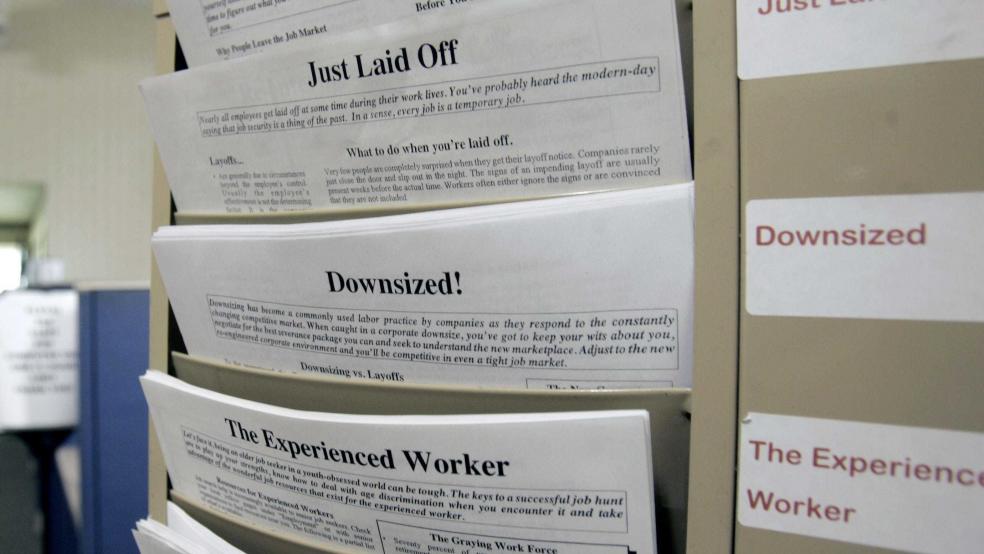With the $600-a-week federal boost to unemployment benefits set to expire later this month, potentially leaving millions of Americans facing a financial crunch, some senior Trump administration officials have begun signaling that they’d go along with a modified extension of the payments.
The Washington Post reports: “One potential compromise discussed by Republican lawmakers would involve cutting the unemployment benefit from $600 per week to between $200 and $400 per week and making up at least part of the difference by sending another round of $1,200 stimulus payments.”
White House spokesman Judd Deere told the Post that the administration opposes continuing the current $600 weekly increase and argued, as administration officials have for months, that the extra benefit gives workers no incentive to return to their jobs. But he did not rule out a more limited extension. Treasury Secretary Steven Mnuchin said last week that any extension of enhanced benefits would ensure that unemployed workers get “no more than 100%” of what they would have earned at their job.
Time is running short: The Senate is set to return from recess on July 20, just five days before the enhanced benefit will expire in every state but New York, where it will end a day later. But the GOP has yet to reach consensus on the issue, and the Post says serious bipartisan talks haven’t begun.
Republicans are reportedly crafting a coronavirus relief package with the White House that is expected to cost about $1 trillion, or about a third the size of the HEROES Act legislation passed by the House in May, which would extend the $600 weekly unemployment payments for six months. Republicans dismissed the Democratic legislation as an expensive liberal wish list. The GOP package, which reportedly would include financial incentives for schools to reopen, is expected to be unveiled as soon as next week.
Doubts about a deal: That leaves little time — and lots of issues to be resolved — before the House is set to leave for its August recess. “They don’t have time, which is what is very scary about all this,” Bill Hoagland, senior vice president at the Bipartisan Policy Center and former Republican staff director for the Senate Budget Committee, told the Post. “It’s very irresponsible.”
House Speaker Nancy Pelosi told CNN Tuesday that she’s willing to put off or cancel the scheduled August recess in order to reach a deal on the next coronavirus relief package, including unemployment benefits.
In the meantime, millions of Americans would face serious financial hardship once the benefit expires. More than 30 million Americans would see an income cut of between 50% and 75% if the benefits go away, economist Ernie Tedeschi, who worked in the Treasury Department during the Obama administration, projects.
Bottom of Form“We’d basically have to choose between paying bills and eating,” one woman who was furloughed from her job at the end of April told the Post. “I honestly don’t know what I would do.”





